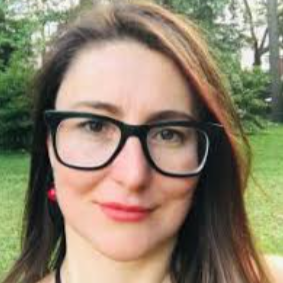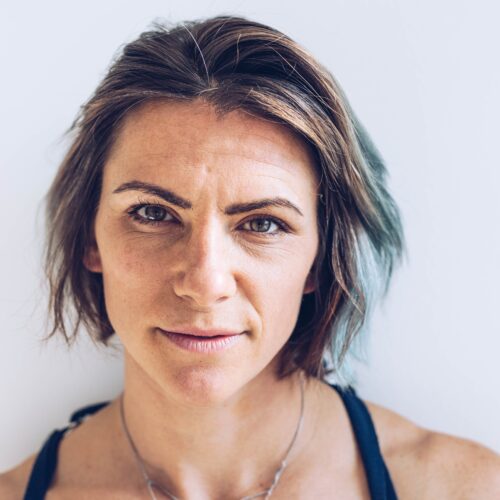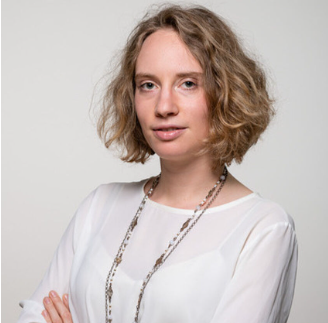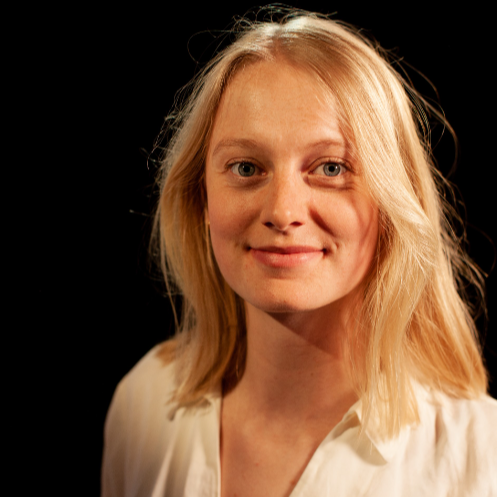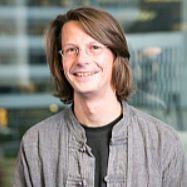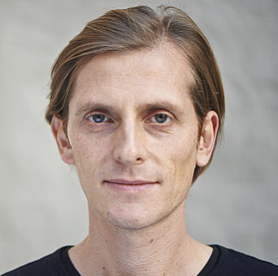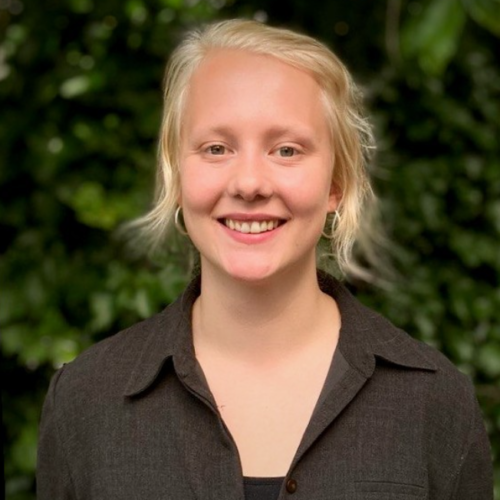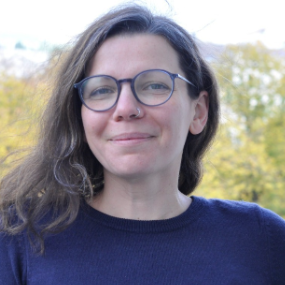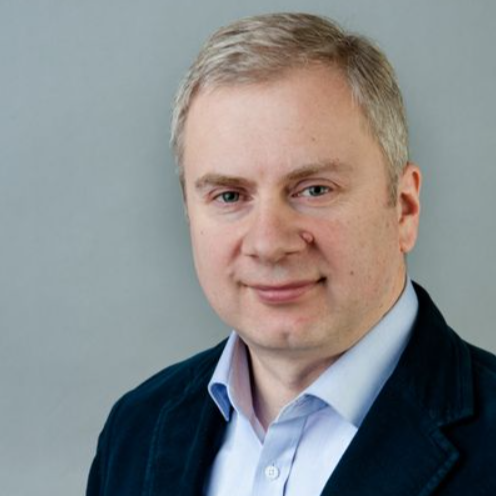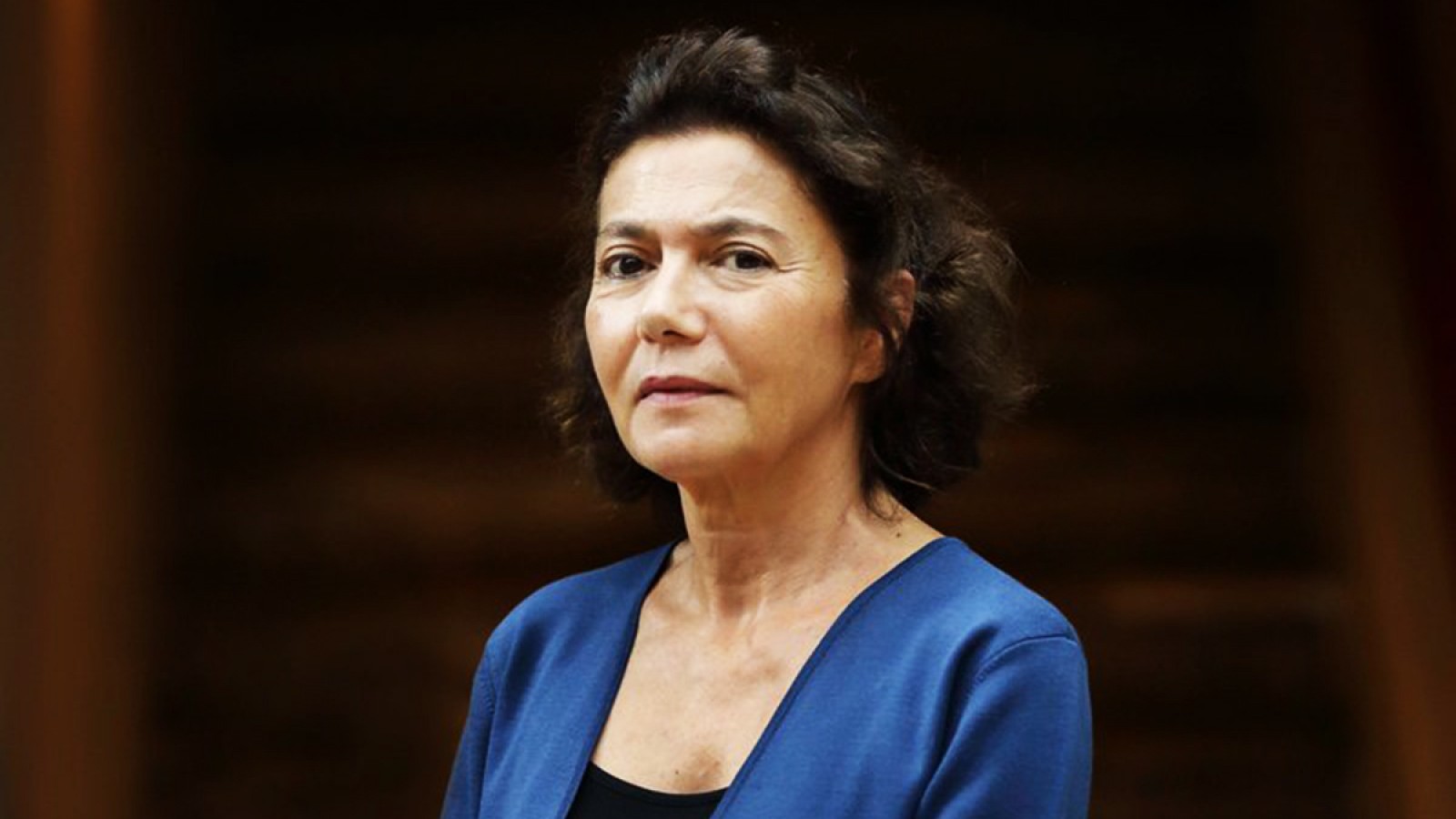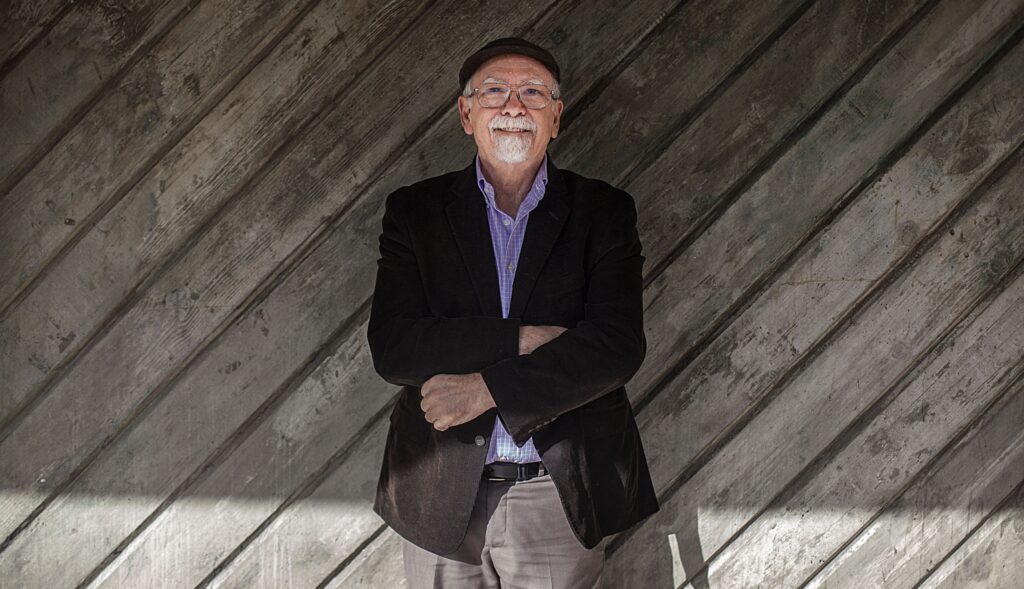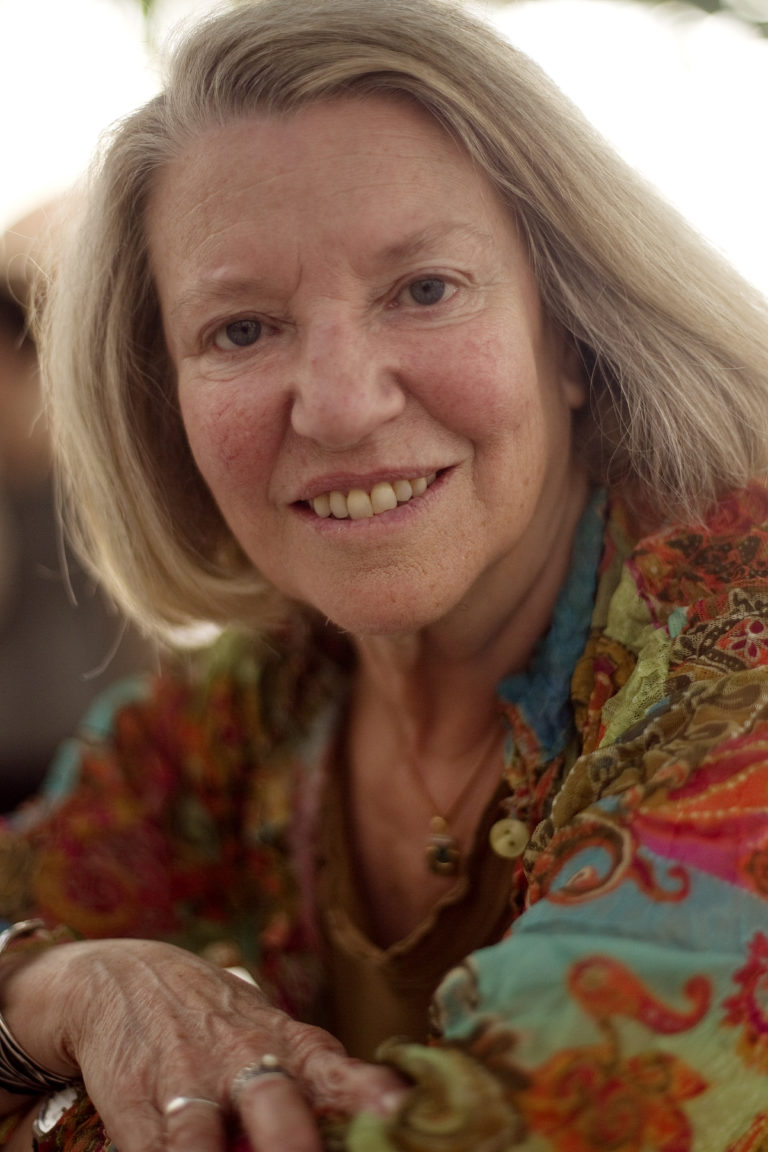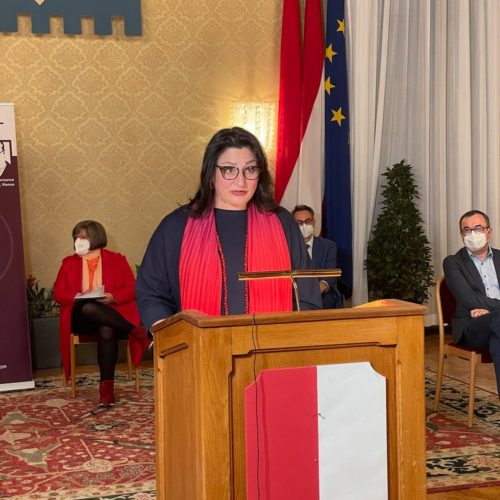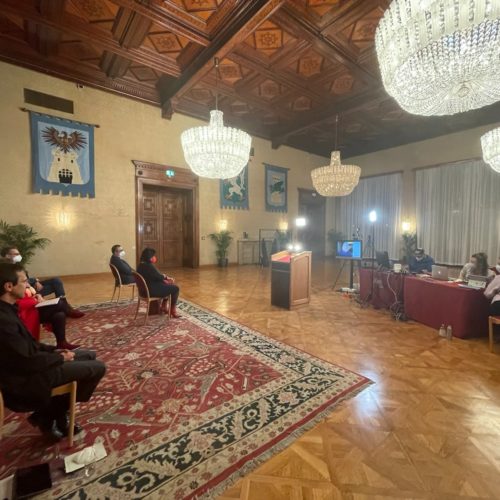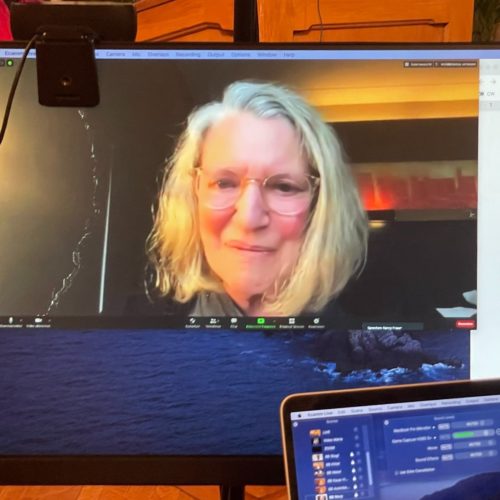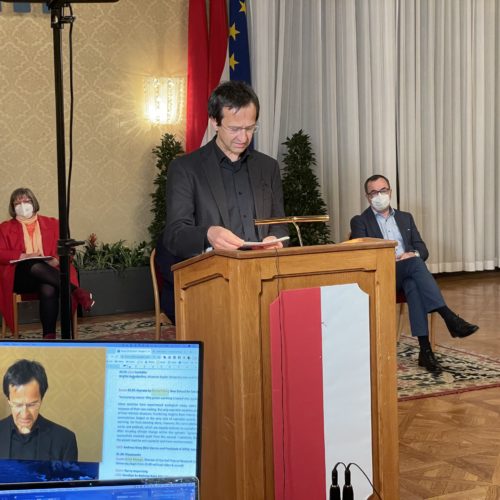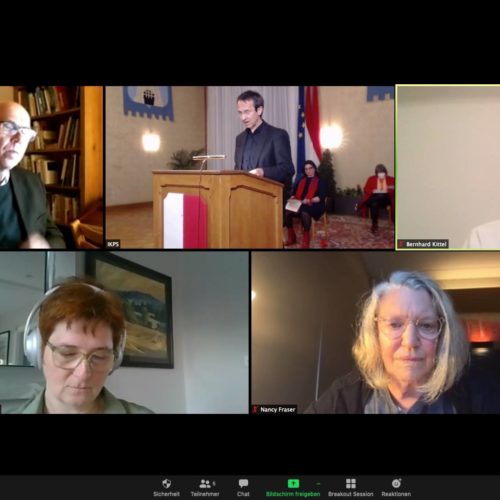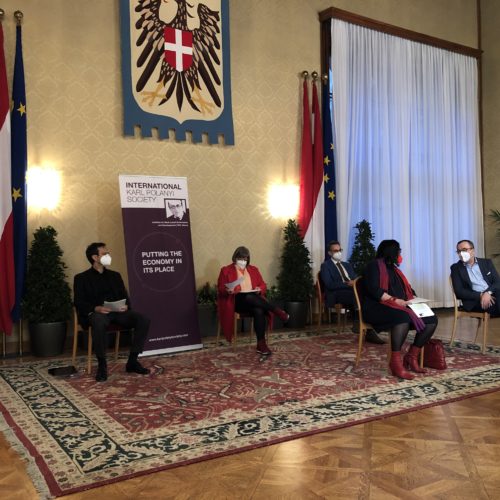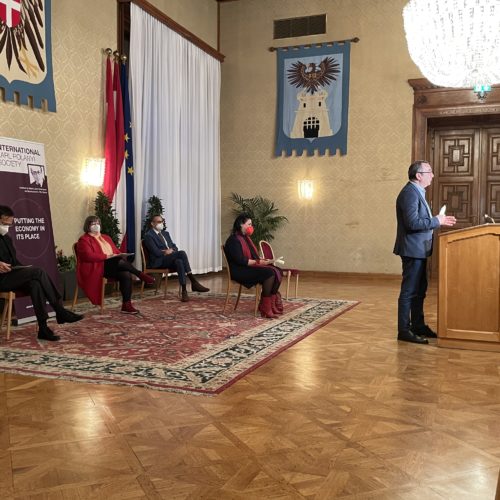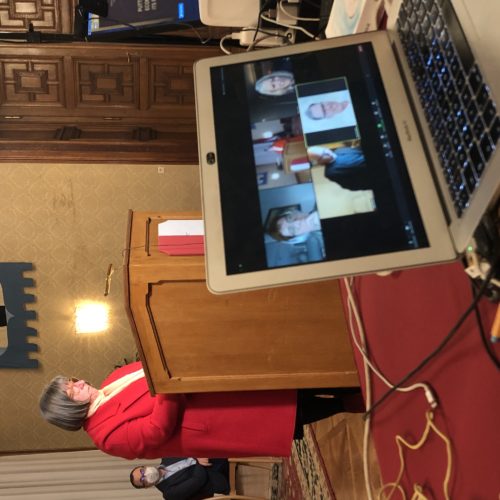We, the International Karl Polanyi Society (IKPS), the Institute for Spatial and Social-Ecological Transformations (ISSET) and the Institute for Law and Governance cordially invite you to join our reading circle on “Socioeconomics and Law.”
This reading circle will serve as a preparatory event for an upcoming international conference, titled “Socioeconomics and Law – From Hayek and Schmitt to Polanyi and Kelsen,” that is set to take place in Vienna in the spring of 2027. At this conference and in the lead-up to this conference, we aim to engage in discussions about alternatives to the current radicalization of neoliberal thought, particularly its alignment with non-democratic and non-liberal political and legal ideologies.
To kick off our reading circle, rather than starting with Hayek´s seminal text, “The Constitution of Liberty,” we will first contextualize Hayek’s significance in shaping the contemporary alliance between anarcho-capitalists and moral traditionalists. Our initial sessions will focus on Wendy Brown’s (2019) “In the Ruins of Neoliberalism,” where she elucidates Hayek’s influence and the implications of the ongoing reinterpretation of law.
Here is an introductory text by IKPS president, Andreas Novy highlighting the role of markets and morals in Hayek’s work and the relevance of Brown’s analysis of this interconnection for current events: Novy (2025) Markets and Morals: The Reactionary Right’s Ideological Core.
The sessions on Wendy Brown’s book will take place at Vienna University of Economics and Business (WU) on the following dates from 5pm – 7pm CEST:
-
Thu, April 3rd, 2025, 5pm-7pm (chapter 1)
-
Thu, May 8th, 2025, 5pm-7pm (chapter 2) CHANGE OF DATE!
-
Thu, July 3rd, 2025, 5pm-7pm (chapter 3)
-
Tue, September 16th, 2025, 5pm-7pm (chapter 4)
-
Thu, October 2nd, 2025, 5pm-7pm (chapter 5)
Venue: WU, Building D4, room D4.3.106.
To enable international participation there is also the possibility to participate in a hybrid mode. Please register by e-mail for a link to participate online.
We are looking forward to your participation and to an exciting exchange!
Andreas Novy and Verena Madner



